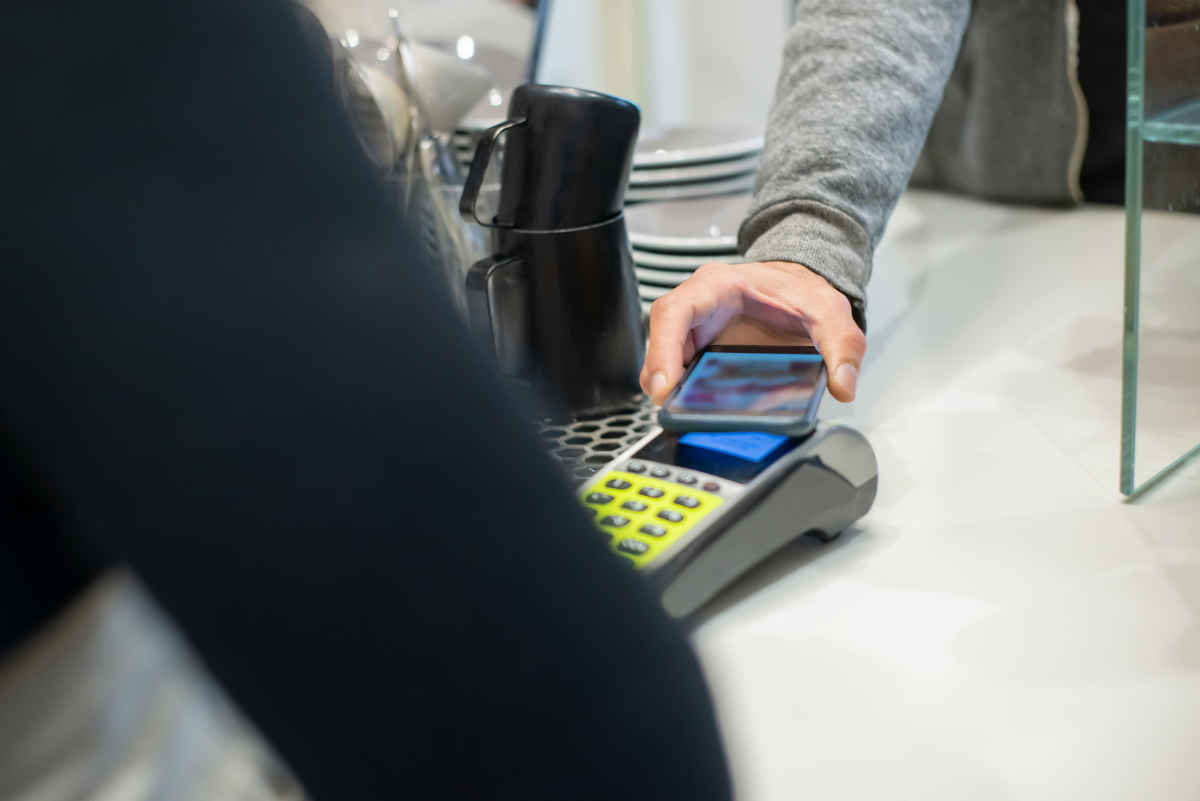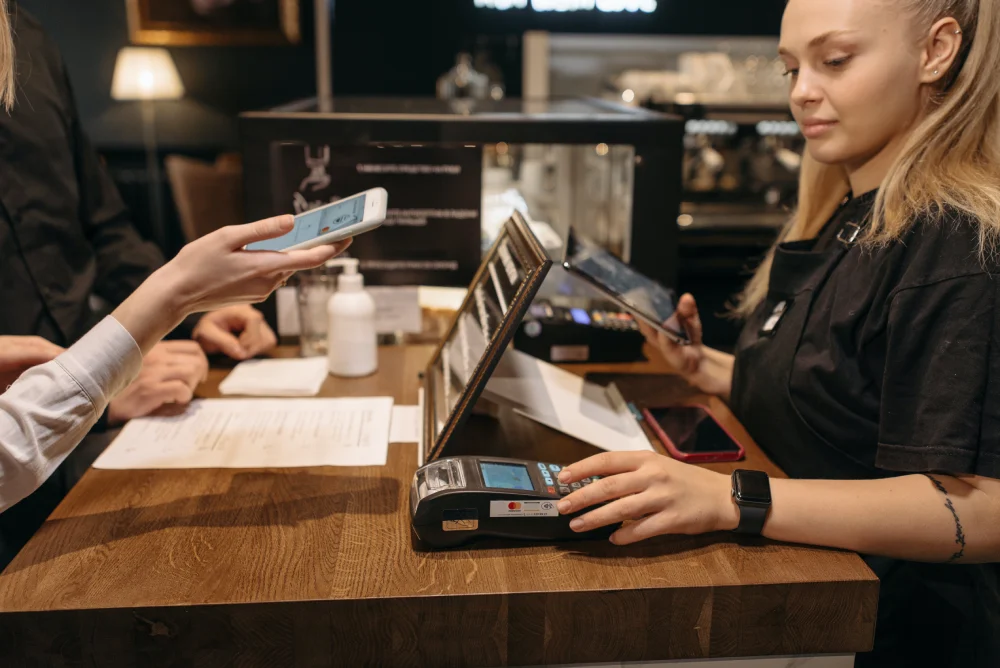Ready to get started?
Easily integrate next-generation payments and financial data into any app. Build powerful products your customers love.
Can you imagine a day without the concept of recurring payments? This means no utility bills paid on time, no subscriptions renewing without a second thought or even no gym fees charged automatically. It would be chaos for both customers and businesses. In fact, the UK’s Direct Debit system alone handled nearly 4.8 billion transactions in 2023, underscoring how dependent we’ve become on automated payments for everything from broadband to business retainers. But now, a new player is reshaping how recurring payments work: Variable Recurring Payments (VRPs).
VRPs promise instant settlement, better transparency, and more control for customers, all while helping businesses improve cash flow and reduce admin. So how exactly do they differ from traditional Direct Debits, and which one suits your business best? Let’s break it down.
What is Direct Debit?
Direct Debit is a long-established payment method in the UK, managed through the Bacs network. It allows businesses to “pull” money from a customer’s account after receiving permission through a mandate. It’s widely trusted and familiar, used for everything from council tax to utility bills. But it also operates on legacy payment rails. This means settlement takes several working days, and payment failures or cancellations can delay cash flow. Direct Debit also offers customers the Direct Debit Guarantee, allowing refunds for unauthorised or erroneous payments. For businesses, that means reassurance for customers but potential exposure to disputes.
What are Variable Recurring Payments (VRPs)?
VRPs are a newer, open banking-powered way to collect recurring payments directly between bank accounts. It’s instant, secure, and gives more control. Unlike Direct Debit, VRPs let customers authorise a payment “framework” in their banking app, setting pre-agreed limits on how much can be taken, how often, and for how long. This creates a transparent and flexible model for both parties.
At present, VRPs are mainly used for sweeping, automatically moving funds between a user’s own accounts (for example, from current to savings). However, commercial VRPs are quickly emerging, enabling businesses to collect payments from customers directly, without cards or intermediaries. Open banking adoption in the UK continues to rise, and VRPs are widely expected to expand into retail, utilities, SaaS, and subscription services in the coming years.
Direct Debit vs VRPs: A comparison
| Feature | Direct Debit | Variable Recurring Payments (VRPs) |
|---|---|---|
Technology base | Runs on the Bacs network (legacy infrastructure) | Built on open banking APIs |
Speed | Takes 3–5 working days to settle | Instant or near-instant settlement |
Customer control | Business-initiated after mandate setup | Customer sets limits in their banking app |
Security | Secure but uses dated verification | Strong Customer Authentication (biometrics, Face ID) |
Cost to merchant | Higher, Bacs fees and return costs | Lower, no intermediaries or card scheme fees |
Flexibility | Ideal for predictable, fixed payments | Designed for variable, usage-based, or dynamic billing |
Transparency | Limited visibility for the payer | Real-time visibility through consent dashboards |
The business case for VRPs
VRPs are designed for a digital economy where speed, flexibility, and control matter. Businesses can collect payments instantly, reconcile in real time, and adapt to variable billing models without worrying about expiring cards or missed mandates. They also reduce administrative overhead, no chasing failed payments or re-authorising customers. For subscription-based companies, SaaS platforms, and even professional services, VRPs can deliver a smoother, lower-cost payment experience.
Where Direct Debit still works best
That said, Direct Debit still has its strengths. It’s ideal for high-trust, low-urgency payments such as rent collection, insurance, or local authority billing, where guarantees and customer familiarity are key. For smaller businesses or those with customers who prefer traditional methods, Direct Debit remains reliable and well-supported. But as consumer behaviour continues to shift toward digital banking, relying solely on Direct Debit could limit flexibility and speed.
The future of recurring payments
Direct Debit has powered UK payments for decades, but the way businesses and customers move money is changing fast. As Variable Recurring Payments (VRPs) mature beyond sweeping, they’re redefining recurring payments with speed, security, and transparency built in from the start. The ability to move funds instantly, manage consent in real time, and cut out unnecessary intermediaries makes VRPs not just an upgrade, but the natural next step. For UK businesses, this shift marks the beginning of a new era in recurring payments: one that’s faster, fairer, and designed for the digital economy.



